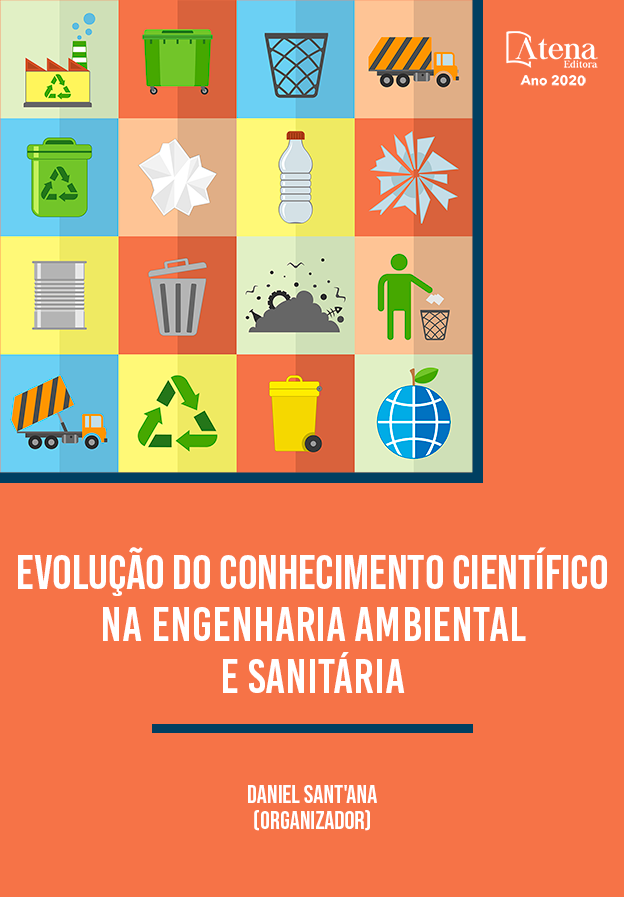
PROPRIEDADES FÍSICO-QUÍMICAS DE EFLUENTES TRATADOS ATRAVÉS DE MODELO DE FOSSA SÉPTICA COM FILTRO BIOLÓGICO
Para amenizar a degradação do meio ambiente e minimizar os efeitos causados por doenças parasitárias, há necessidade de tratamento dos efluentes doméstico. Uma das alternativas é a utilização de fossa séptica com filtro biológico, que contribui para a deposição correta desse material. Dessa forma, esta pesquisa tem como objetivo estudar as propriedades físico-químicas de efluentes tratados com um modelo reduzido desse tipo de sistema. Para isso, foi desenvolvido um sistema formado por três recipientes, sendo que o primeiro tem a função de coletar o efluente, o segundo de realizar a filtragem do efluente com brita e o terceiro de realizar um novo processo de filtragem do efluente com argila expandida. Foi avaliado o efeito dos fluxos ascendente e descendente do efluente no terceiro recipiente quanto ao pH, turbidez, sólidos dissolvidos, demanda bioquímica de oxigênio (DBO) e demanda química de oxigênio (DQO) dos efluentes. Os resultados mostraram que o sistema com filtro de fluxo ascendente foi o mais eficiente para redução de sólidos totais, porém sem efeito significativo para DBO e DQO. Dessa forma, é possível concluir que o sistema com filtro de argila de fluxo ascendente é o mais adequado para o tratamento de efluentes com elevada carga orgânica.
PROPRIEDADES FÍSICO-QUÍMICAS DE EFLUENTES TRATADOS ATRAVÉS DE MODELO DE FOSSA SÉPTICA COM FILTRO BIOLÓGICO
-
DOI: 10.22533/at.ed.77120261013
-
Palavras-chave: Efluentes; Filtro Biológico; Fossa Séptica; Tratamento.
-
Keywords: Effluents; Biological Filter; Septic tank; Treatment.
-
Abstract:
To alleviate the degradation of the environment and reduce the effects caused by parasitic diseases, there is a need to treat domestic effluents. One of the alternatives is the use of a septic tank with a biological filter, which contributes to the correct deposition of this material. Thus, this research aims to study the physicochemical properties of effluents treated with a reduced model of this type of system. For this, a system formed by three containers was developed, the first of which has the function of collecting the effluent, the second of carrying out the filtering of the effluent with gravel and the third of carrying out a new process of filtering the effluent with expanded clay. The effect of the upward and downward flows of the effluent in the third container on pH, turbidity, dissolved solids, bio-chemical oxygen demand (BOD) and chemical oxygen demand (COD) of the effluents was evaluated. The results showed that the upward flow filter system was the most efficient for reducing total solids, but without significant effect for BOD and COD. Thus, it is possible to conclude that the system with upward flow filter is the most suitable for the treatment of effluents with a high organic load.
-
Número de páginas: 15
- José Vicente Duque dos Santos
- Edson Barboza Pires
- Yuri Sotero Bomfim Fraga


